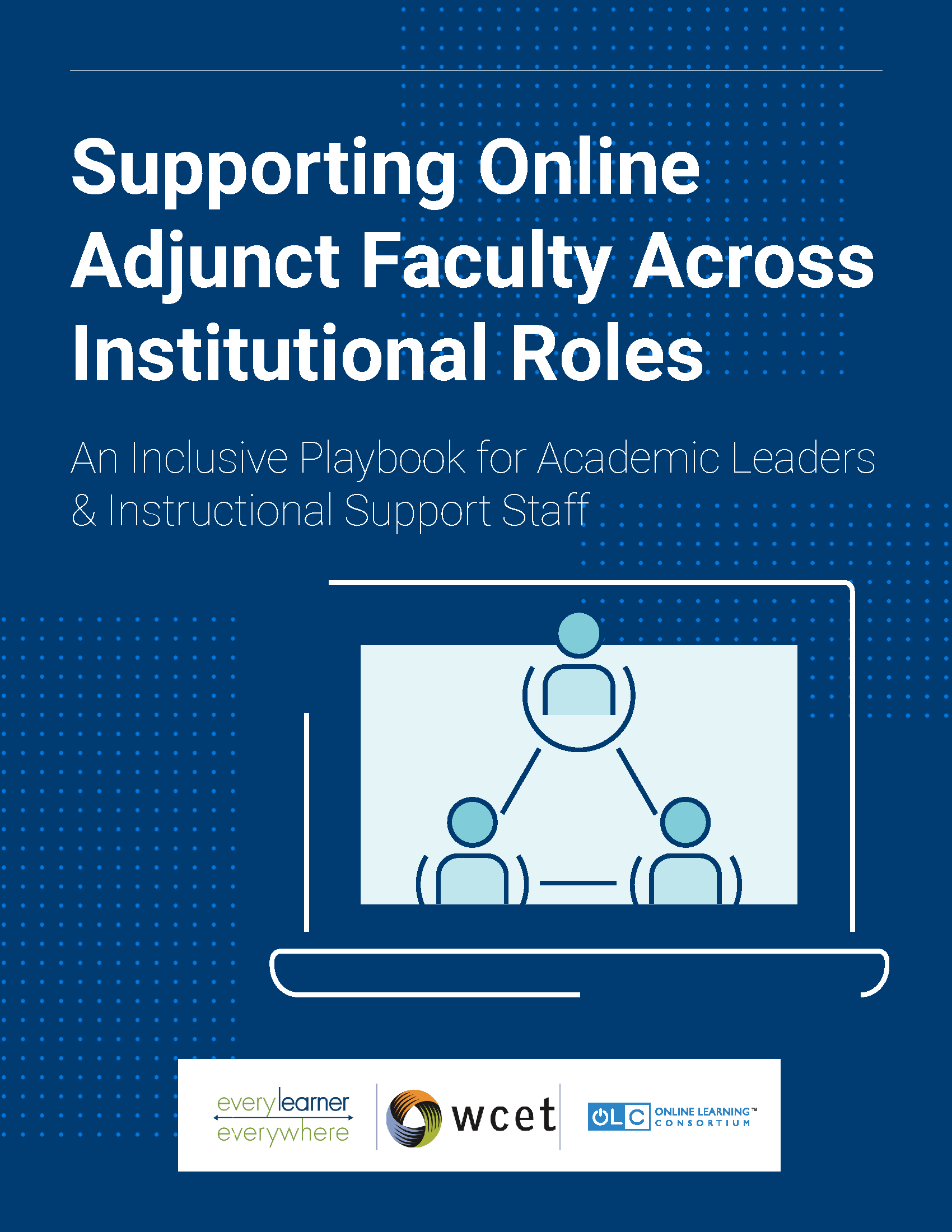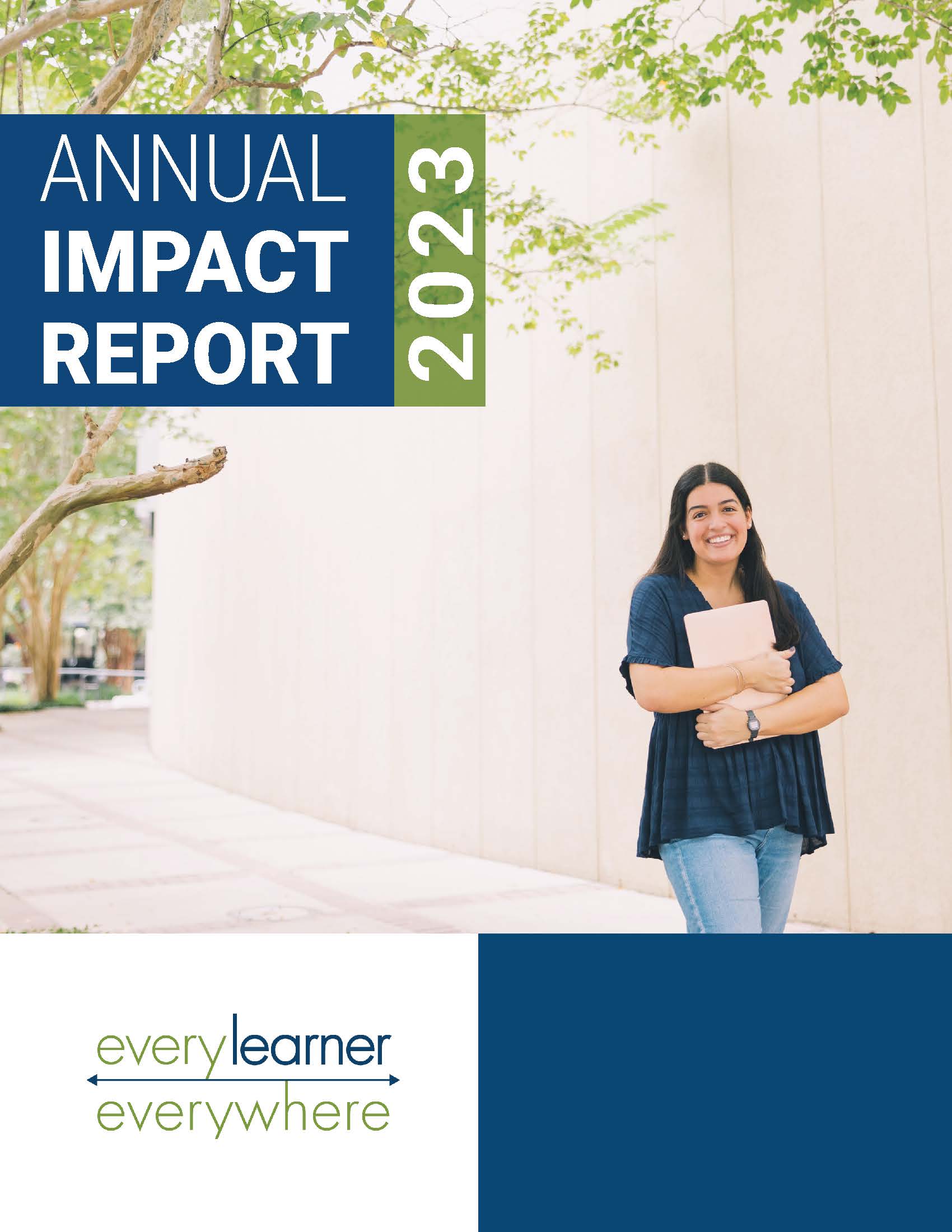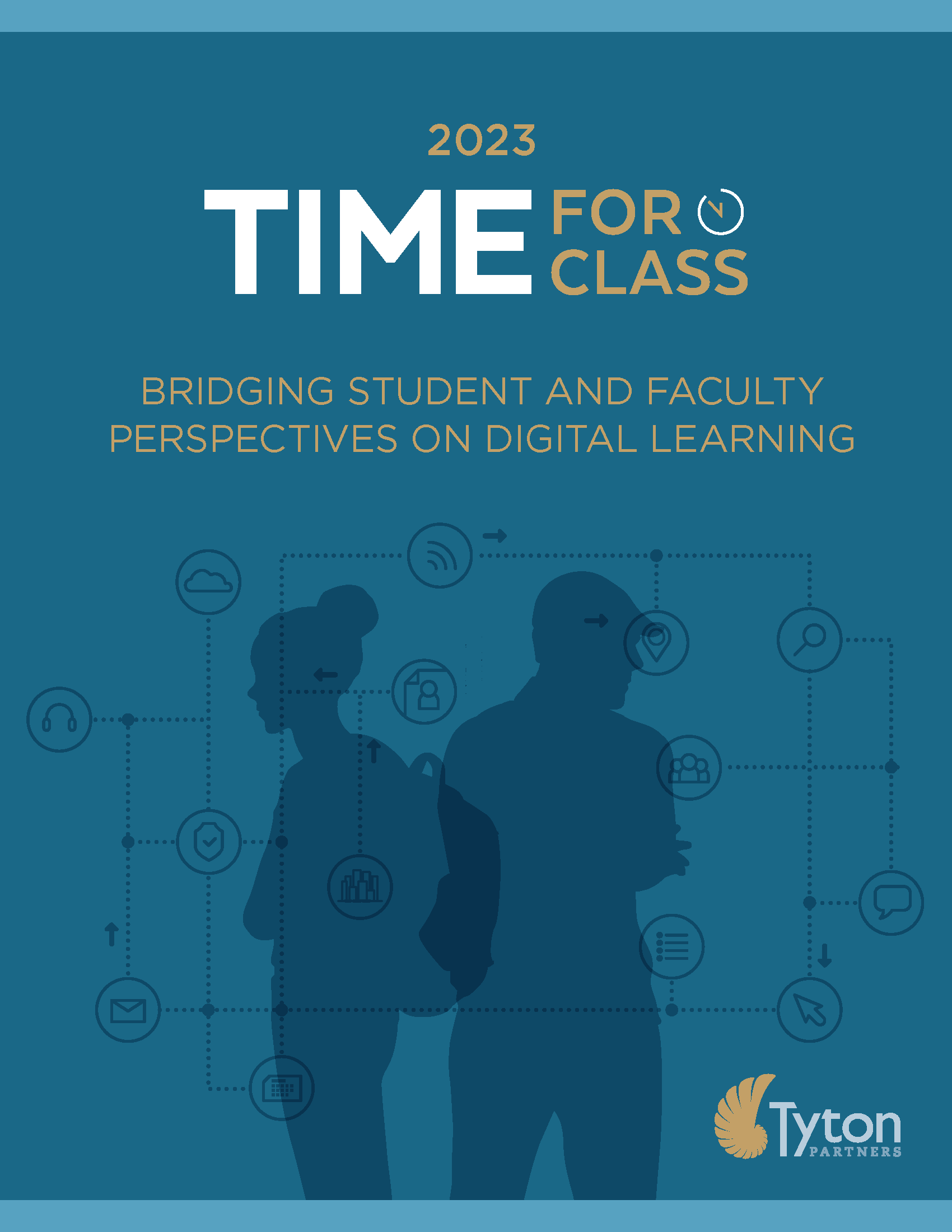An Inclusive Playbook for Academic Leaders & Instructional Support Staff
Over the past forty years, a significant shift has occurred surrounding who is responsible for teaching at colleges and universities across the U.S. Tenured and tenure-track faculty used to represent the majority of teaching faculty; however, recent data reveals that today “75 percent of faculty are not eligible for tenure, and 47 percent hold part-time positions” (American Federation of Teachers, 2022, p. 1). After enduring the pandemic, a shift also occurred in how instruction is delivered, whereby students are relying more on online learning modalities. A recent survey revealed that 60 percent of students reported a significant shift to mostly remote instruction for the 2020–2021 academic year, and “almost all institutions report using adjuncts to teach online” (Cameron et al., 2021). Taken together, these shifts in the higher education landscape have resulted in the rapid increase of and reliance on online adjunct faculty (i.e., non-tenure track, instructors, or contingent faculty) to deliver instruction and ultimately foster student success.
Despite the increasing reliance on online adjunct faculty across the U.S., institutional support for them has lagged behind support for tenure-track faculty. Studies have shown that adjunct faculty broadly lack access to key resources, such as email or office space, help with instructional design despite a desire for such assistance (Bolitzer, 2019), meaningful professional development opportunities (Burleigh et al., 2021), pay that is commensurate with experience and credentials, and responsibilities that go beyond teaching such as student support and advising (Flaherty, 2022). Studies have shown the importance of creating institutional support and connections for online adjunct faculty to address these challenges to improve teaching effectiveness and retention (Burleigh et al., 2021; Gelman et al., 2022; Kezar et al., 2019).
Put simply, online adjunct faculty need more support, and the time to ensure they get the necessary support is now. In the summer of 2021, the WICHE Cooperative for Educational Technologies (WCET) and the Online Learning Consortium (OLC), with support from the Every Learner Everywhere Network, conducted a study to examine current practices for hiring, onboarding, developing, and supporting online adjunct faculty with the goal of publishing resources to help academic leaders operationalize this knowledge and improve online faculty experiences at their institutions. In the report, Online Adjunct Faculty: A Survey of Institutional Policies and Practices, researchers shared findings from the study and several preliminary recommendations for supporting adjunct faculty who teach online. This piece extends the work of the report by presenting six concrete strategies for academic leaders, college-level leaders, and instructional design staff to adopt now to better support their online adjunct faculty and the community of students and learners in their classrooms.
Download Playbook






